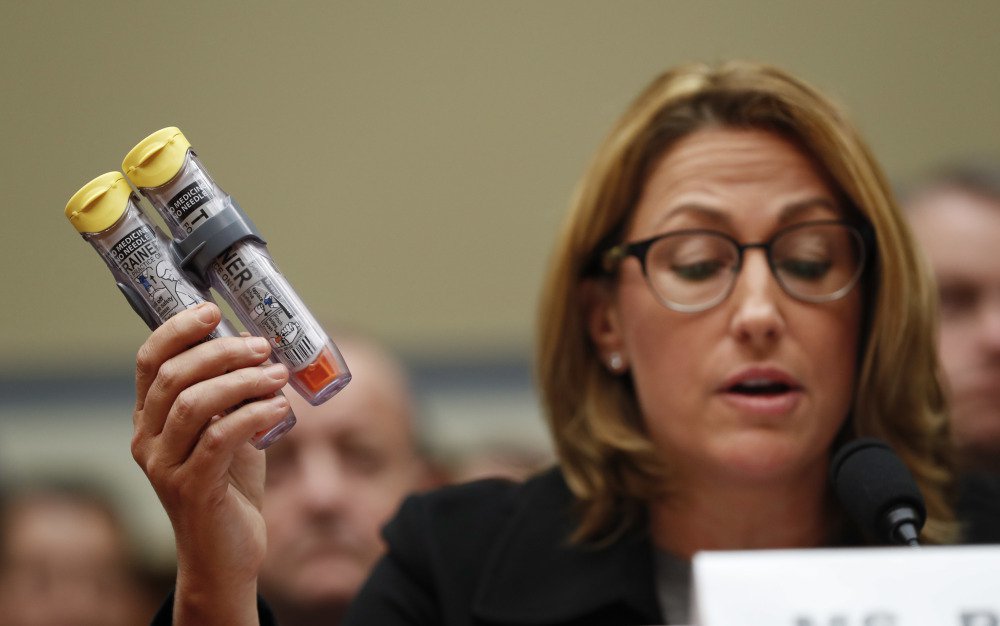Drugmaker Mylan will pay $465 million to settle allegations that it overbilled Medicaid for its life-saving EpiPen, ending one of the controversies over the soaring price of the emergency allergy injection.
The settlement with the Department of Justice follows news that EpiPen has been incorrectly classified since late 1997 as a generic product under the Medicaid health program for the poor and disabled.
However, the federal government says EpiPen is a branded drug, meaning Mylan should have been paying Medicaid a far higher rebate under the government’s complex pricing rules. Drugmakers are required to pay Medicaid rebates of just 13 percent for generic products it purchases, versus a 23.1 percent rebate for brand-name drugs, which cost far more.
Members of Congress have recently grilled the Centers for Medicare & Medicaid about the discrepancy and whether it was taking any action, attention that apparently resulted in the settlement announced late Friday.
“I am glad the Department of Justice pursued this so quickly, since the misclassification was an outrage,” Sen. Amy Klobuchar, D-Minn., said in a statement. Klobuchar and several colleagues had requested an investigation by the Justice Department and other federal agencies.
Mylan has become the latest poster child for pharmaceutical industry price-gouging, for hiking the price of a pair of EpiPens from $94 in 2007, when it acquired the product, to $608 this year, despite making no substantive improvement to EpiPens over that stretch. Meanwhile, analysts and others have estimated that it costs less than $10 to produce one EpiPen.
Government health programs, particularly Medicaid, are major purchasers of EpiPens. The amount Medicare and Medicaid spent on EpiPens rose to $486.8 million in 2015 from $86.5 million in 2011, a jump of 463 percent.
While EpiPens have some competition, they’re so well known that they hold more than 90 percent of the market for epinephrine auto-injectors, which are jabbed into the thigh to halt runaway allergic reactions to insect bites and stings and foods such as nuts and eggs.
Multiple members of Congress have been investigating the exorbitant price hikes, and Mylan CEO Heather Bresch was called on the carpet for the price increases at a Sept. 21 hearing of the House Oversight and Government Reform Committee. It was later discovered that Bresch incorrectly claimed her company only made a $100 profit on a pair of EpiPens, when the real profit was significantly higher.
Send questions/comments to the editors.



Success. Please wait for the page to reload. If the page does not reload within 5 seconds, please refresh the page.
Enter your email and password to access comments.
Hi, to comment on stories you must . This profile is in addition to your subscription and website login.
Already have a commenting profile? .
Invalid username/password.
Please check your email to confirm and complete your registration.
Only subscribers are eligible to post comments. Please subscribe or login first for digital access. Here’s why.
Use the form below to reset your password. When you've submitted your account email, we will send an email with a reset code.